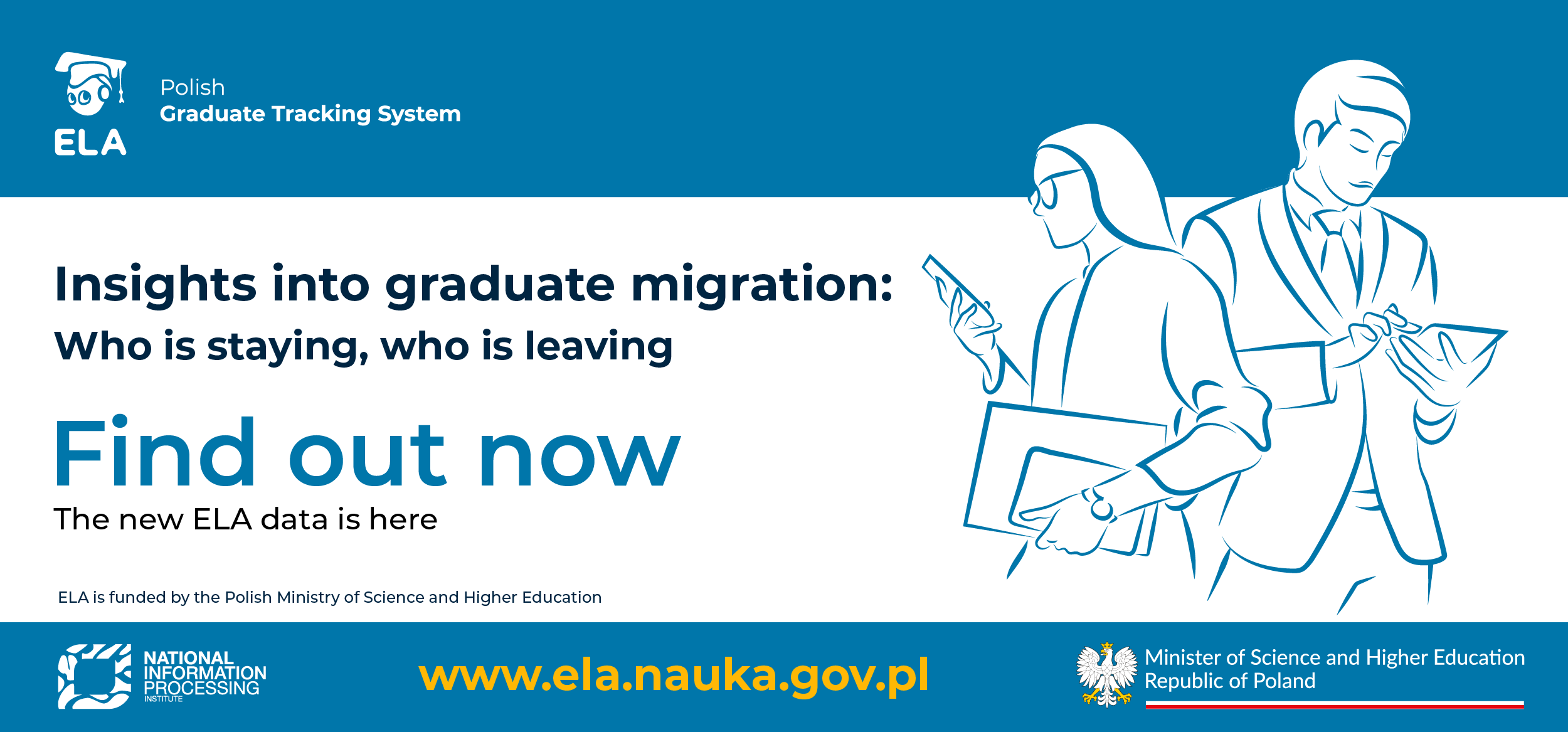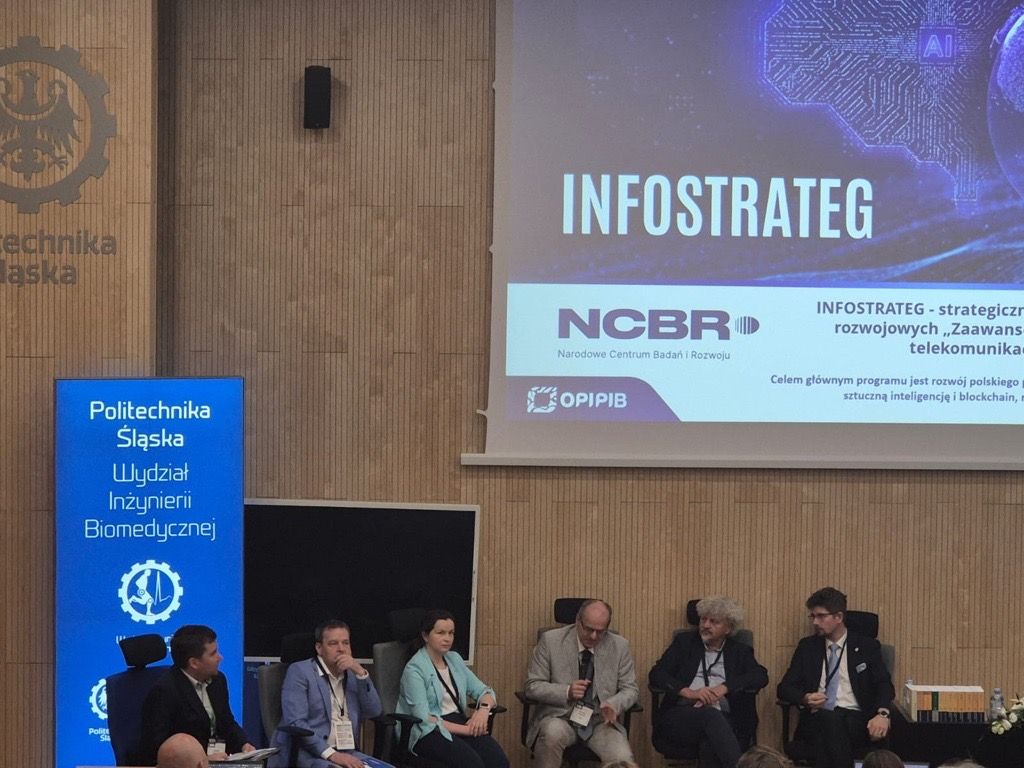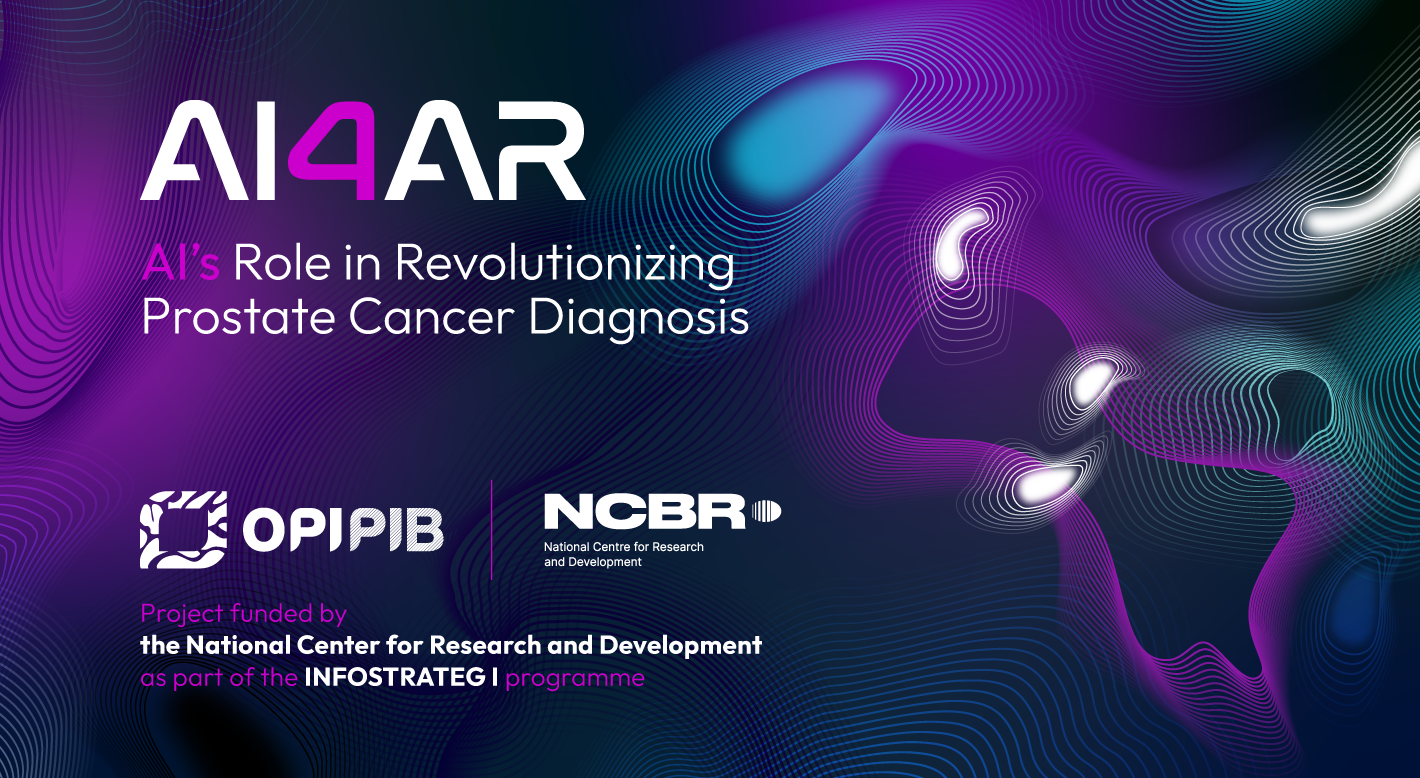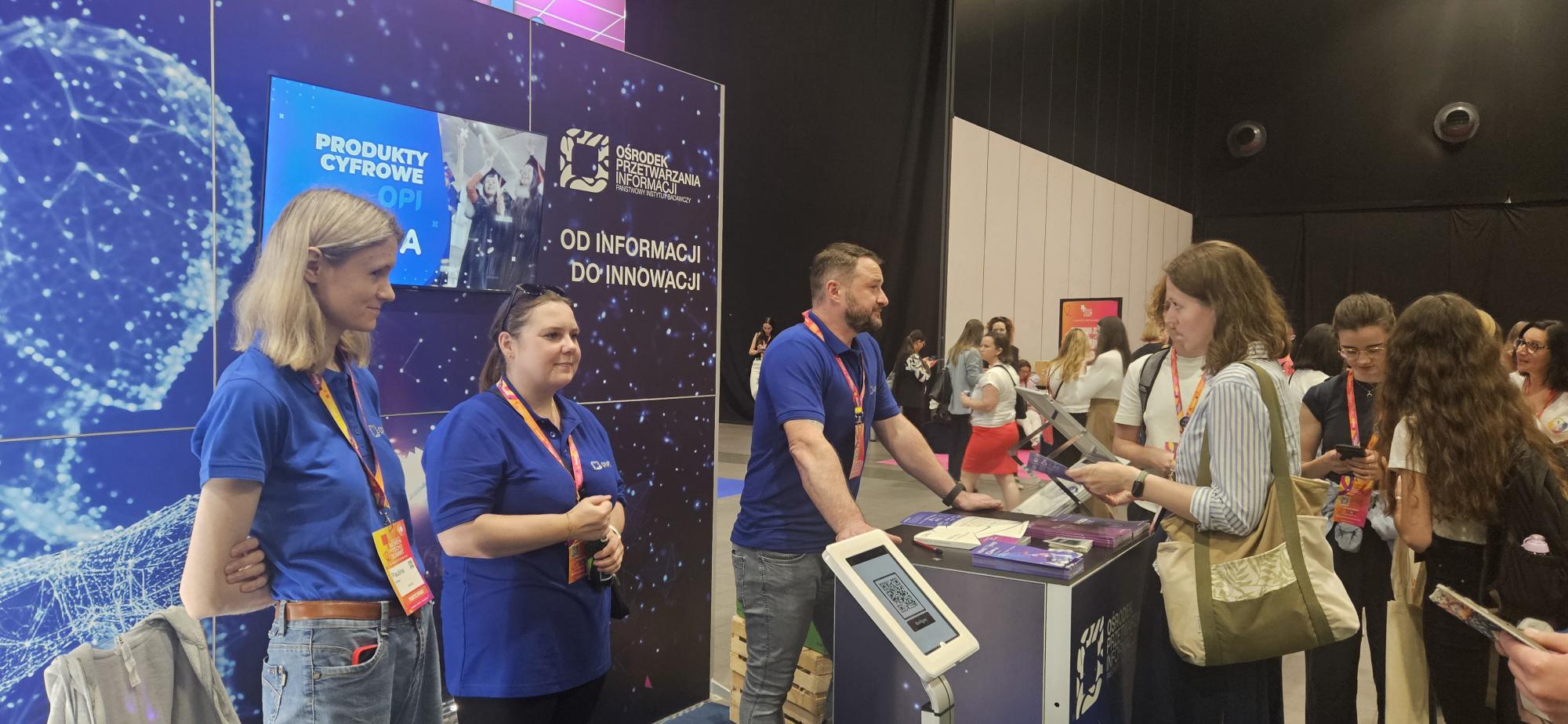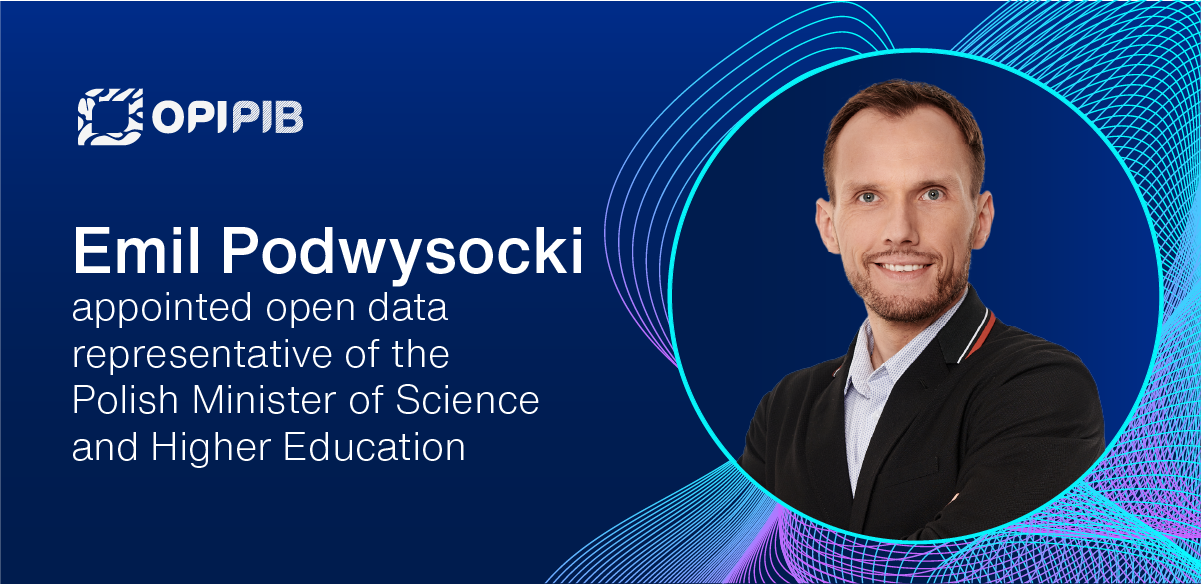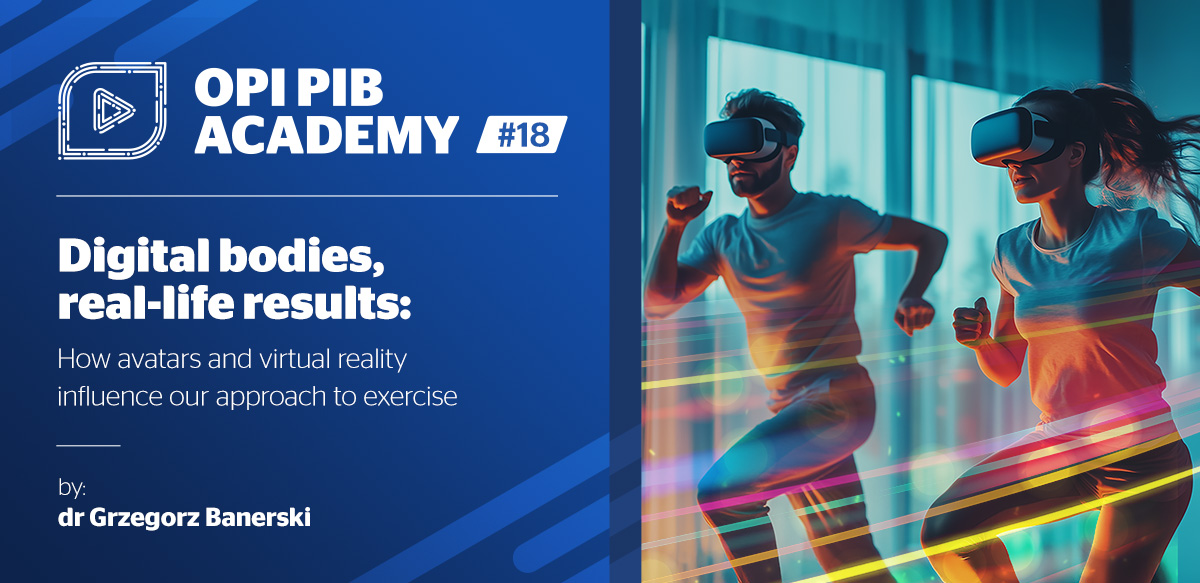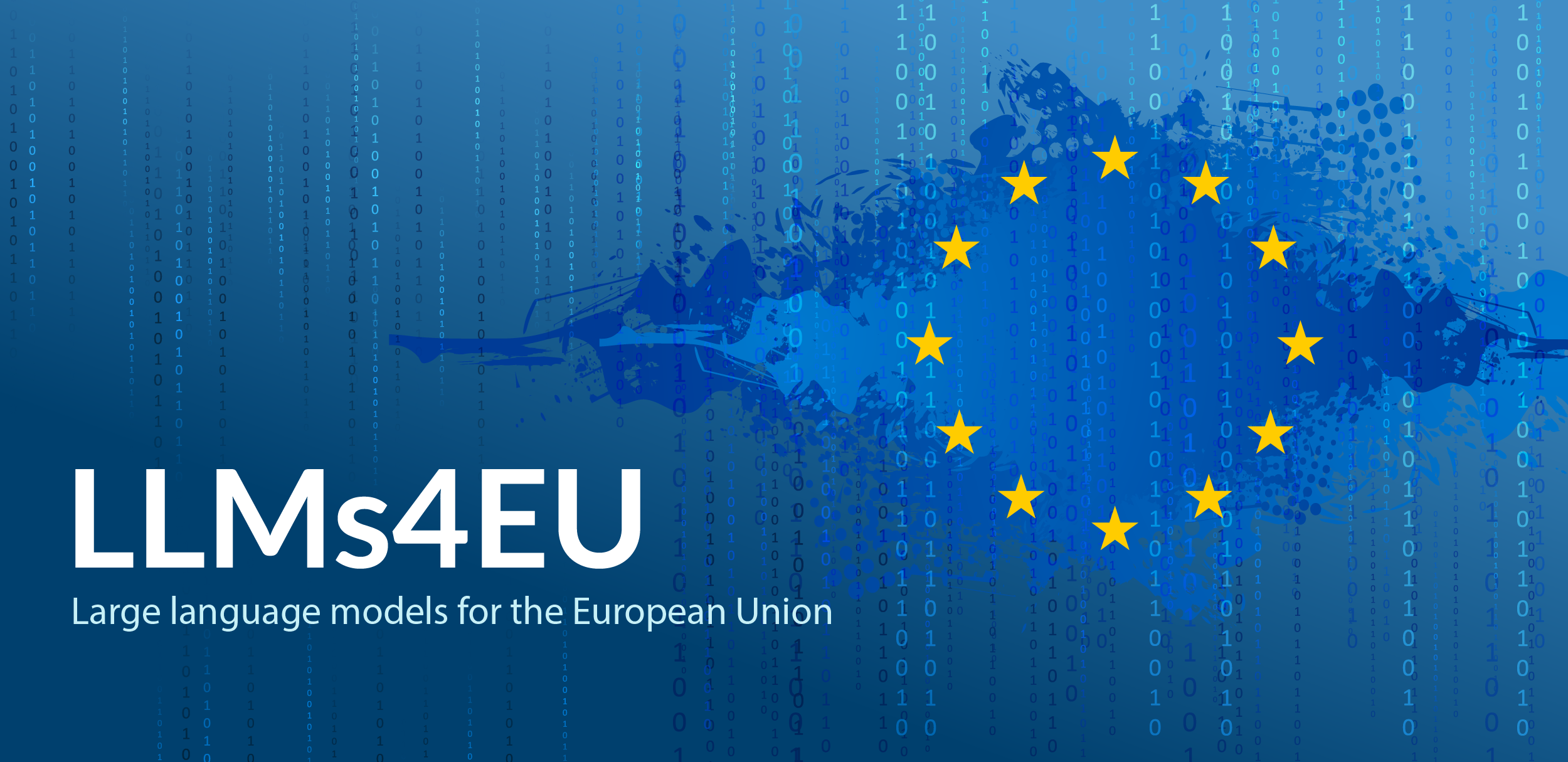Those still considering what to study can now explore the 10th edition of the Polish Graduate Tracking System (ELA), released by the Polish Ministry of Science and Higher Education (MNiSW) in collaboration with the National Information Processing Institute (OPI PIB). The updated data helps determine which university majors are among the most lucrative within five years following graduation and how long it takes to find a job. This year, new indicators have been added to the system to reflect the economic circumstances of graduates by their province of graduation.
News
Events and interesting facts from the life of the Institute
A double victory for Dr Marek Kozłowski at IT Manager of Tomorrow 2025
Dr Marek Kozłowski, Head of AI Lab at OPI PIB, has won the prestigious IT Manager of Tomorrow 2025 competition. He has also received the audience award, reflecting both expert recognition and enthusiastic support from conference attendees.
Artificial intelligence advances medical innovation. OPI PIB at the ITiB 2025 conference in Zabrze
On 24–26 June 2025, researchers and professionals gathered in Zabrze for the international Information Technology in Biomedicine conference, organised by the Silesian University of Technology. Attendees included experts from the National Information Processing Institute (OPI PIB) who actively participated in the event focused on to the digital transformation in medicine.
AI4AR: a new OPI PIB’s platform for prostate cancer diagnosis
Every year, 1.2 million people are diagnosed with prostate cancer globally; in Poland, it is the most common solid tumour among men. A rapid and accurate diagnosis is crucial. In response to this challenge, the National Information Processing Institute (OPI PIB) has developed an innovative tool that relies on artificial intelligence.
MNiSW and OPI PIB at the 2025 Women in Tech Summit
Visit the stands of the Polish Ministry of Science and Higher Education and the National Information Processing Institute at the 2025 Women in Tech Summit.
Emil Podwysocki appointed open data representative of the Polish Minister of Science and Higher Education
Emil Podwysocki, Head of the Data Warehouse Department, has been appointed open data representative of the Polish Minister of Science and Higher Education.
OPI PIB’s AI solutions draw attention from the European Commission
In 2021, the National Information Processing Institute (OPI PIB) claimed first prize at a competition for the development and implementation of a tool that easily and rapidly detects illegal clauses in consumer agreements. The solution designed by OPI PIB has been supporting the Polish Office of Competition and Consumer Protection (UOKiK) for several years. ARBUZ, a system created by the AI LAB team at OPI PIB, demonstrates the practical use of artificial intelligence in scanning B2C contracts for unlawful provisions. ARBUZ relies on transformer models and search methods to fully automate tasks, from analysing content to generating documents.
How virtual reality promotes physical activity
Sedentary lifestyles, insufficient movement, and reluctance toward physical activity are becoming global concerns. According to the World Health Organisation, 25% of adults worldwide, or 1.4 billion people, are physically inactive, which leads to serious health implications. The onset of physical inactivity typically occurs in adolescence and tends to intensify with age. The WHO reports that 81% of adolescents aged 11–17 across the globe do not meet the recommended standards for physical activity. To meet these challenges, a new digital technology is being brought into play.
Easter wishes
Easter is more than colourful eggs and delicious treats; It is most of all a time to celebrate the victory of light over darkness.
Is Poland getting its own DeepSeek?
The successful launch of Le Chat by Mistral AI demonstrates that countries can independently develop large language models (LLMs). Ongoing efforts in Poland over recent years have led to the creation of national language models that, despite limited global recognition, provide substantial value to local companies and public institutions. Should Poland develop its own ChatGPT or DeepSeek?Experts concur that it…
